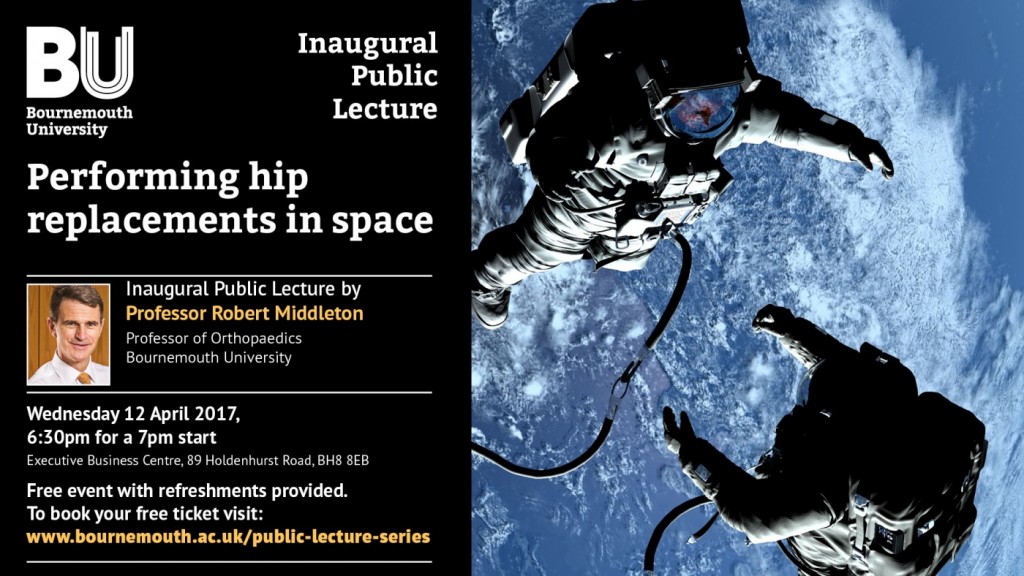
The Emerging and Enabling Technologies sector group is the new home for support for early stage (emerging), cross-cutting (enabling) and broad scope (open) innovation across whole economy. (See the Delivery Plan 2016 to 2017 for more information on all the sector groups .)
Although this sector group contains the word technologies in its title, Innovate UK’s actions are guided by the principle that: “no-one buys technology; they buy what technology does for them.”
The focus here is very early stage technologies, those still emerging, or only recently emerged, from the research base.
By ‘emerging’, recognise those technologies, methods and approaches developed in the UK’s scientific research base – primarily in universities – that allow us to do things that simply couldn’t be done before (or could only be done in theory).
What these emerging technologies have in common is the potential to create totally new value propositions (and so to disrupt markets). Examples include graphene and quantum technologies.
Whilst sectors like Manufacturing and Materials or Health and Life Sciences turnover several hundreds of billions of pounds globally per year, by contrast, many of these early-stage, emerging technology sectors have very low, or even zero turnovers, typically below £10 million pa when we pick them up.
Examples of other high impact technologies include:
- space and satellites
- electronics, photonics and sensors
- robotics and autonomous systems
It has now been admirably demonstrated that:
- satellite technologies can be used in the fight against illegal fishing
- advanced sensors can help in the earlier diagnosis of disease
- compound semi-conductors can manage electrical power more effectively
- robots can perform tasks in environments too dangerous for people to work in
You can follow Innovate UK on:



 Space travel has been in the news recently with the last space shuttle flight on the 8th July 2011 (
Space travel has been in the news recently with the last space shuttle flight on the 8th July 2011 (











 SPROUT: From Sustainable Research to Sustainable Research Lives
SPROUT: From Sustainable Research to Sustainable Research Lives BRIAN upgrade and new look
BRIAN upgrade and new look Seeing the fruits of your labour in Bangladesh
Seeing the fruits of your labour in Bangladesh Exploring Embodied Research: Body Map Storytelling Workshop & Research Seminar
Exploring Embodied Research: Body Map Storytelling Workshop & Research Seminar Marking a Milestone: The Swash Channel Wreck Book Launch
Marking a Milestone: The Swash Channel Wreck Book Launch ECR Funding Open Call: Research Culture & Community Grant – Application Deadline Friday 12 December
ECR Funding Open Call: Research Culture & Community Grant – Application Deadline Friday 12 December MSCA Postdoctoral Fellowships 2025 Call
MSCA Postdoctoral Fellowships 2025 Call ERC Advanced Grant 2025 Webinar
ERC Advanced Grant 2025 Webinar Update on UKRO services
Update on UKRO services European research project exploring use of ‘virtual twins’ to better manage metabolic associated fatty liver disease
European research project exploring use of ‘virtual twins’ to better manage metabolic associated fatty liver disease